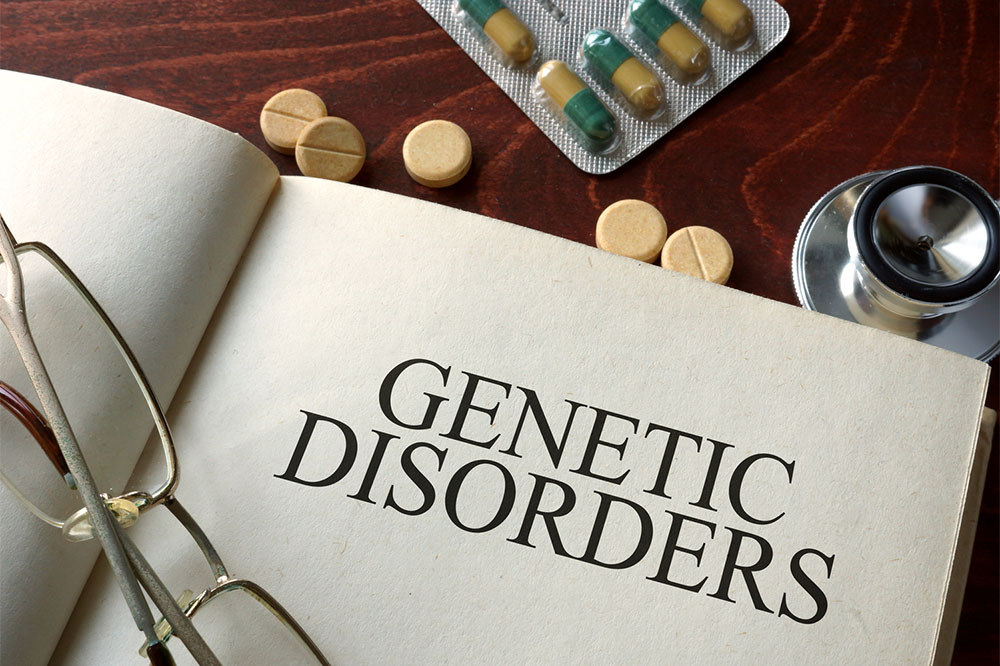Key Genetic Conditions You Should Know About
Explore essential insights into common genetic disorders such as autism, albinism, breast cancer, cystic fibrosis, and sickle cell anemia. This overview helps in understanding symptoms, diagnosis, and potential treatments for these inherited conditions, emphasizing the importance of early detection and management.
Sponsored

Humans are susceptible to various health issues, including inherited diseases that are often difficult to cure. These genetic disorders result from DNA sequence changes, as defined by the National Institutes of Health. This article highlights some prevalent genetic conditions impacting many individuals worldwide.
Notable Genetic Disorders
Autism Spectrum Disorder
Autism encompasses a range of developmental conditions marked by difficulties in social interaction and communication. Typically emerging around age three, symptoms can range from mild to severe, with presentations like limited activities, repetitive behaviors, and challenges in social responsiveness. Children with autism may ignore their names, avoid eye contact, or engage in repetitive motions like spinning or hand-flapping. Diagnosis relies on DSM-5 criteria, and while no cure exists, early behavioral therapy can improve social skills and reduce self-injury.
Albinism results from mutations preventing the production or distribution of melanin, the pigment responsible for skin, hair, and eye color. Types include oculocutaneous albinism, affecting skin and eyes, and ocular albinism, impacting only the eyes. Symptoms involve very light skin and hair, vision issues, and sensitivity to light. Genetic testing confirms diagnosis, and treatments focus on protecting skin and eyes—such as avoiding sun exposure, using high-SPF sunscreen, and wearing UV-protective glasses. Some individuals may undergo eye surgeries to improve vision.
Breast cancer and genetics
Many breast cancer cases are linked to genetic mutations, especially in BRCA1 and BRCA2 genes. About 10-27% of breast cancers are hereditary, particularly in individuals with a family history involving multiple relatives. Genetic testing helps identify mutations to guide treatment options like surgery, radiation, or targeted therapies. Understanding hereditary risk can lead to earlier interventions, potentially saving lives.
Cystic fibrosis is a common inherited disorder where thick mucus clogs the lungs and blocks the pancreas, impairing digestion. The disease results from mutations in the CFTR gene, leading to defective chloride channels. Gene therapy shows promise as an effective treatment, aiming to correct the genetic defect directly.
Sickle cell anemia, one of the prevalent blood disorders, stems from a mutation in the hemoglobin-beta gene. Abnormal hemoglobin causes red blood cells to become rigid and sickle-shaped, leading to blockages and rapid cell destruction. Symptoms include pain, increased infection risk, and organ damage. When both parents carry the gene, there's a 25% chance of passing SCD to their child. Management includes pain control, blood transfusions, and medications.





